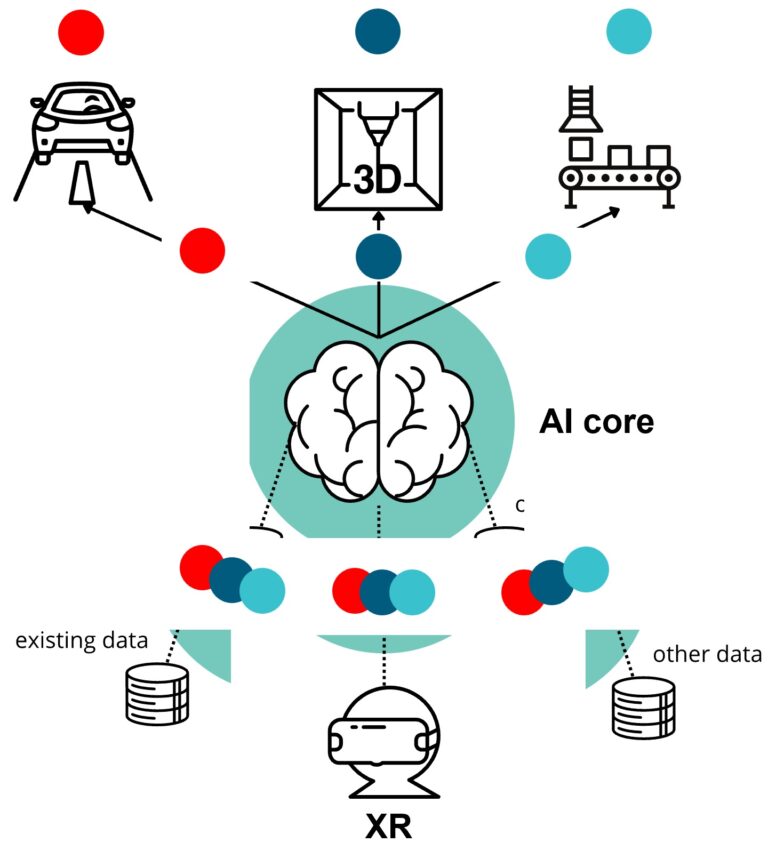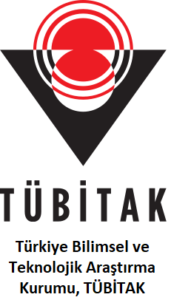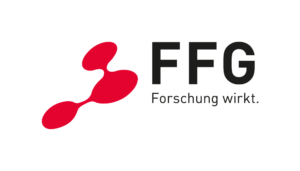FAMILIAR project is composed of four main modules: Data Analytics, FedML, Deep Learning, and VR/AR. The Data Analytics module allows for the collection and analysis of large sets of data to identify patterns and trends. The FedML module is focused on federated machine learning, which allows for the training of machine learning models across multiple decentralized devices or systems. The Deep Learning module utilizes deep neural networks and other advanced techniques to improve the accuracy and performance of machine learning models. Finally, the VR/AR module explores the use of virtual and augmented reality technology to enhance user interactions and experiences.

Data analytics is the process of examining, cleaning, transforming, and modeling data to extract useful information, draw conclusions, and support decision-making. This can include techniques such as statistical analysis, data visualization, and machine learning. Familiar Data analytics module will allow the collection and analysis of large sets of data to identify patterns and trends that can be used to inform decision making.
Federated Machine Learning (FedML) is a branch of Machine Learning (ML) that allows multiple decentralized devices or systems to train ML models without sharing their data. The FedML module in FAMILIAR project is focused on developing techniques and algorithms that enable the training of machine learning models across multiple devices or systems without compromising data privacy or security.
The Deep Learning module in FAMILIAR project focuses on developing advanced techniques and models using deep learning methodologies to improve the accuracy and performance of machine learning models. It allows to handle various types of data such as image, text, and audio, and can be applied to a wide range of tasks such as image recognition, natural language processing, and speech recognition.
AR/VR are technologies that allow users to interact with digital content in a more immersive and engaging way. The VR/AR module in FAMILIAR project explores the use of these technologies to enhance user interactions and experiences. It can be used to enhance the visualization of data, or as a tool for training machine learning models and allows users to view digital content overlaid on the real world, while VR immerses users in a completely digital environment.
Human interaction and solid frontloading in the development of ‘Automated Driver Assistance Systems (ADAS) require experience with artificial intelligence for data fusion and great experience with algorithms to generate the right decisions (e.g., emergency brake assist). In particular, training a special contextual awareness in traffic situations requires further development of algorithms. Federated Machine Learning (FedML) approaches are one way to create incentives for OEMs and their suppliers to share data.
In this use case, the automatic generation of a robot setup guide simplifies the individual use of 3D printing robots. Expert systems are used in many different areas and fields of expertise. Typical applications can be found where there is a lack of experts like in human robot collaboration or where the existing experts are to be relieved of the evaluation of large amounts of data or are dislocated. Inefficient process steps can be drastically reduced to lower the costs of complex additively manufactured parts (up to 50 percent).
In use case 3, artificial neuronal networks (ANN) are trained by sources such as manufacturing processes, quality testing, advanced optic sensors, and head mounted display (HMD) via FedML. In particular, ANN will be used to extract helpful information from an uncorrelated data set by understanding the data and finding the patterns inside them, which are not possible by humans, determine the data related to production and model parameters that affect the part quality, mechanical performance, production quality.
FAMILIAR project is a collaboration between multiple partners from academia, industry, and companies. These partners bring a diverse range of expertise and resources to the project, including expertise in machine learning, data analytics, FedML, virtual and augmented reality, and more. The partners work together to develop and implement new technologies and techniques that can improve the performance and efficiency in each use case. The partners also share their knowledge and resources to ensure the success of the project.



